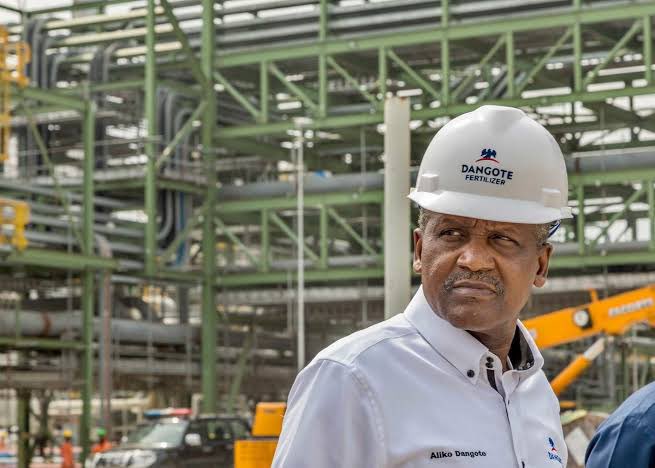The Nigerian National Petroleum Company Ltd (NNPCL) is set to supply the new 650,000 barrel-per-day Dangote oil refinery with up to six cargoes of crude oil totalling six million barrels of crude oil in December to be used in its test runs. This was revealed by an NNPC top official who preferred not to be named.
The commencement of commercial test-runs and eventual ramping up of production in the Dangote Refinery, which is the largest single train refinery in the world has been repeatedly delayed by crude oil supply challenges since August. This crude oil supply handicap was due to low oil production level in Nigeria in addition to the fact that NNPCL and its JV partners had committed most of their future crude oil production to foreign refineries before the commissioning of Dangote refinery.
With the Dangote refinery unable to immediately begin refining of petroleum products, NNPCL continued importation of refined petroleum products while some major oil marketers also joined the importation following the removal of fuel subsidy in June. NNPC Ltd on its part recently ended its crude oil swap deals opting for cash payments for importation of products.
This further strained the liberalised foreign exchange market with a large volume of oil export earnings by Nigeria being ploughed back to import PMS, AGO and DPK. With the expected commencement of operations by the Dangote refinery and other modular refineries facing challenges of crude oil supply, the quantum of foreign exchange expended to import refined petroleum products will drastically reduce.
As Dangote refinery ramps up production to full capacity in first half of 2024 as well as the coming on stream of the government-owned Port Harcourt refinery, importation of petroleum products will cease completely in the coming months because local refining will meet the entire daily consumption need of Nigeria. What this implies is that the $23 billion Nigeria would have spent importing petroleum products will be used instead to boost liquidity in the FX market and stabilise the Naira.
The Dangote refinery alone once it is fully up and running, will turn Nigeria into a net exporter of petroleum products and therefore bringing an end to decades of reliance on fuel imports. To secure steady crude oil supply to the refinery, Dangote refinery is expected to sign a crude oil purchase agreement with the NNPC Ltd and its JV partners. The refinery is also looking to secure crude oil supply from other oil producing countries.
It was also learnt that the PMS and diesel purchases from the refinery by NNPC Ltd would be negotiated in separate contracts at a later date. Meanwhile NNPC Ltd holds a 20% stake in the Dangote refinery and would therefore do everything necessary to make it very profitable.
The refinery began the commissioning process in May this year which includes testing the different units that make products from PMS to diesel and making sure they respond to the control panels. Experts say it can take months for refineries to move from test runs to producing high-quality fuels at full capacity. Also, the value of the fuels the refinery produces would gradually improve as it approaches full capacity.

